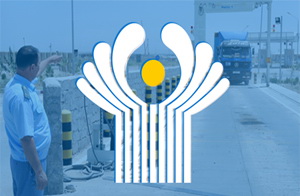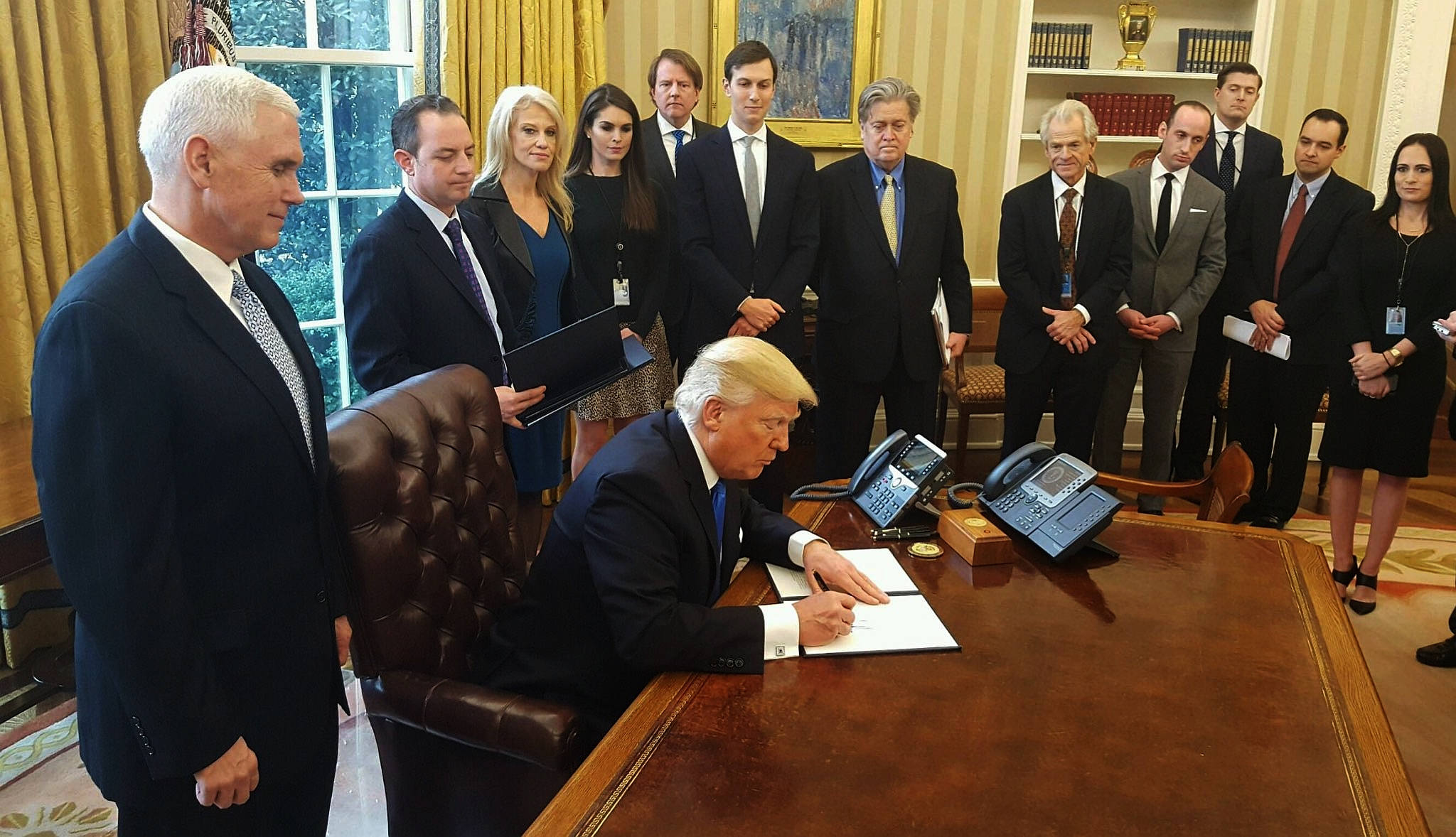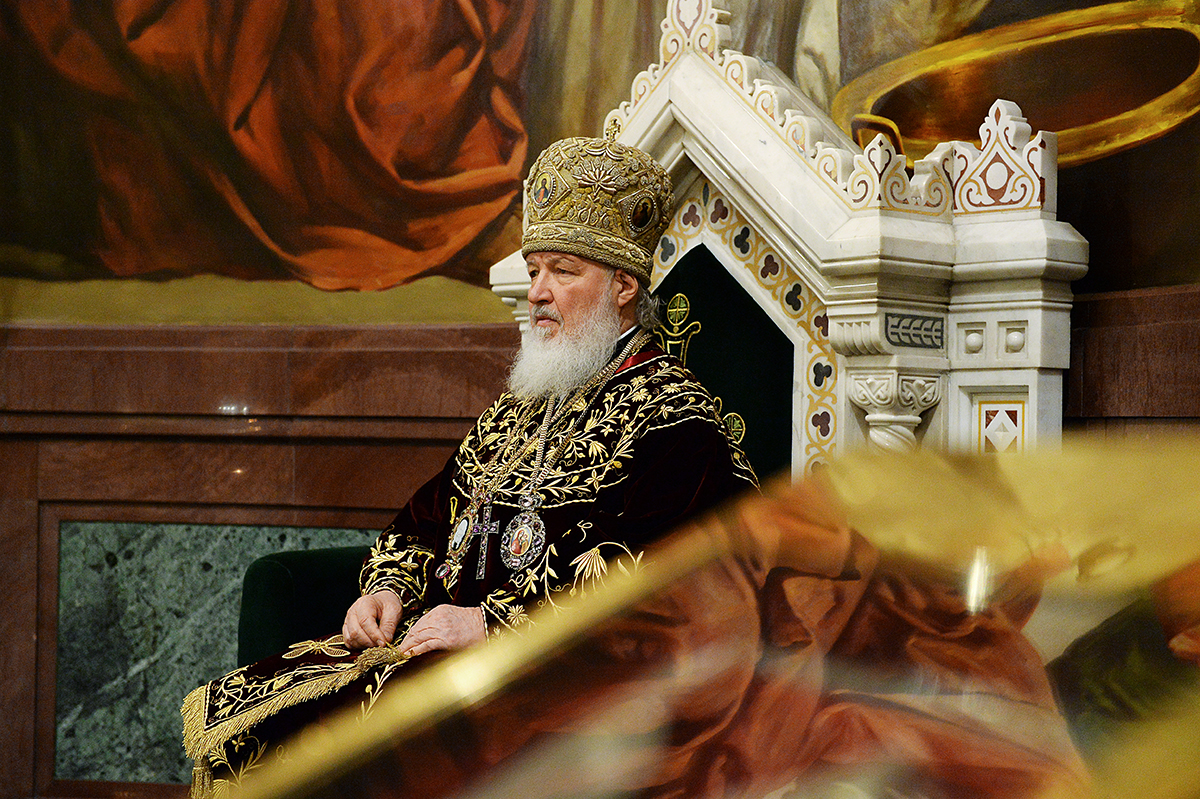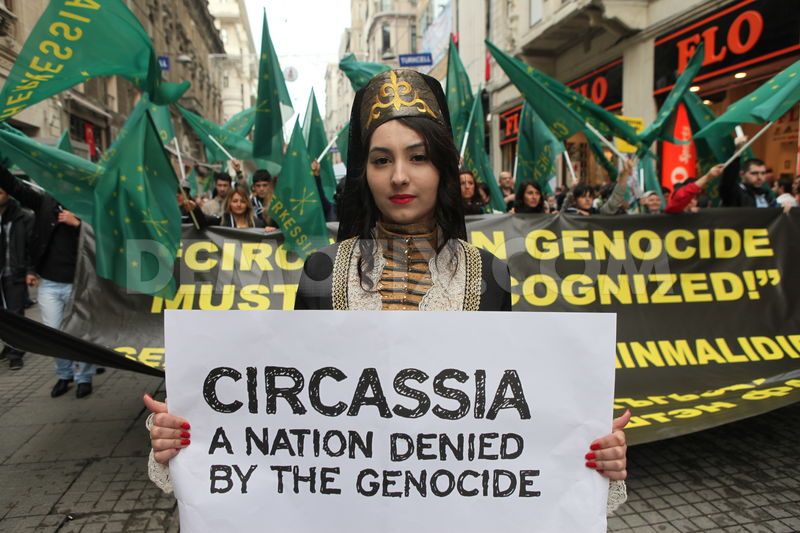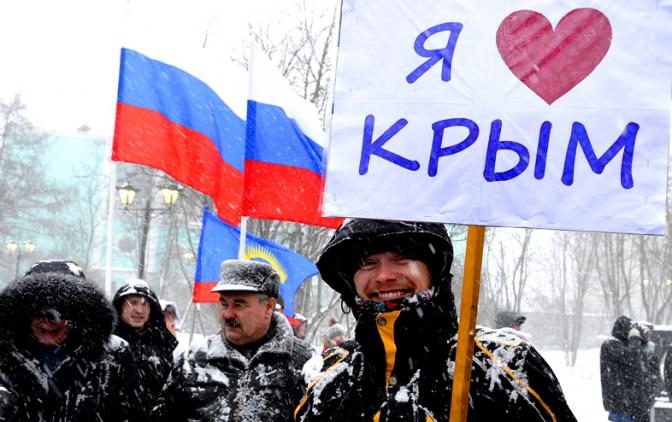Ukraine has finally reacted to Russia’s threats to remove certain Ukrainian export goods from the free trade regime.
The website of the Ministry for Economic Development and Trade published a full list of Russian goods which may be also exempt from this regime.
The list itself is quite big: over 800 items.
According to the list, Ukraine may renew taxes on practically the entire food import from Russia: vegetables, fruit, fish and dairy products, eggs, honey, coffee and tea, as well as sugar and confectionary goods.
For non-food goods, it is proposed to return taxes on import of fertilizer, soap and cosmetics, matches, plastic, clothes and footwear, glass goods, furniture and electric machinery. Taxes may also be applied to Russian passenger vehicles, tractors, railway equipment.
As the Ministry website notes, the customs on the aforementioned Russian goods may apply in case order of the Russian government #959 from September 19, 2014 is made effective.
We remind you that this document signed by the Russian government removes a number of Ukrainian-origin product groups from free trade. This step was a response to the ratification of the EU Association Agreement by the Ukrainian Verkhovna Rada, which will become effective on November 1.
As such, we may expect a new trade war within less than a month’s time.
Formally, there are no preconditions for this yes. According to the agreements between representatives of Ukraine, the EU and Russia reached on September 12, the economic part of the Association Agreement will only come into effect in 2016. On their part, the Russian government agreed not to enact their order.
What is more, the Russian government claims they are adhering to all aspects of the September 12 agreement. “We have no evidence that so normative-legislative act had been issued, which would add these norms openly or covertly (on the free trade zone between Ukraine and the EU),” stated Russian Minister for Economic Development Alexey Uliukayev.
However, this doesn’t mean that a new conflict cannot arise at any moment.
This is possible due to the statement made by Uliukayev himself: “As the layer of normative-legislative acts is very big (they may be not only be acts of the government or the Rada), we have to analyze Ministry orders as well, therefore we will monitor the situation closely and, undoubtedly, react to it immediately, but so far we don’t know of such instances.”
Accordingly, the ‘results’ of Russian searches depend on the fresh political conjuncture, which is constantly in flux.
Which is why it is absolutely right that the Ukrainian government should prepare for such developments. Before November 1, this list should be approved by the public and passed as a Cabinet of Ministers order.
However, there are at least two significant differences between the decision made by the Russian government and the potential decision of the Ukrainian government.
First and foremost, we should admit that these decisions have different legal grounds. The Russian government is basing itself on the appendix to the Free Trade Zone Agreement between CIS countries, which directly allows the country members of the Customs Union to make such corrections.
We remind you that this norm was included in the document on the eve of the signing, but it did not stop the Prime Minister at the time Mykola Azarov, who signed the document, nor the members of the Verkhovna Rada who ratified it.
The Ukrainian government is void of such an opportunity. Which is why the Ministry for Economic Development only published the list of the goods the taxes on which may be reexamined, however, it did not publish the project of the according government decision, as is usually the case.
The project of the decision should designate the legal grounds of this reexamination: it should be formulated by government lawyers.
However, the main problem lies in something else.
The problem is that the economic effect from these decisions will be absolutely different. Not in Ukraine’s favor, to wit.
According to the State Statistics Service, Ukraine has negative trade balance with Russia. Throughout the seven months of the current year, it constituted $2,3 billion. Formally it is a good signal for Ukraine, as our limitations will be more palpable.
However, a major part of Russian import (throughout the seven months in constituted $9,02 billion) is composed of oil and gas, the increase of taxes on which is detrimental to Ukraine itself.
On the other hand, the list of goods includes products wherein Russian import may be replaced by Ukrainian goods or third-party goods easily.
What is more, both Ukraine and Russia may increase tax rates only to the level defined by the demands for WTO membership. However, the average tax rates in Ukraine are almost three times lower than in Russia! This also decreases the probability of a real response on part of Ukraine.
In this situation a ‘mirroring’ increase of taxes on Russian goods by Ukraine only looks like an adequate step, however, the influence of both decisions will be very different.
We should admit that Ukraine has no way out of the situation.
A possible partial escape from the situation is a search for mechanisms which would allow to additionally increase taxes on Russian goods. Such a way out may include using the rights of a WTO member to respond to violations – and Russia’s actions, despite their formal rightness, are absolutely contradictory to the principles of free trade, having imposed an additional customs tax on the import of the violator country.
Such a punishment is currently in effect against Ukraine – it was imposed by Türkiye in response to Kyiv’s implementation of protective customs on cars.
The juridical rightness is not ideal, however the measures prepared by the government are not either.
However, most importantly, we shouldn’t expect that the hypothetical damage to the Russian producers may influence Kremlin policies. The last half-year proved that they have completely rejected rational arguments.
Which is why the only effective response to Moscow is the maximal support for the national producers who are going to markets in other countries, in particular, European ones. Especially when this support only exists in politicians’ words so far, not in practice.




